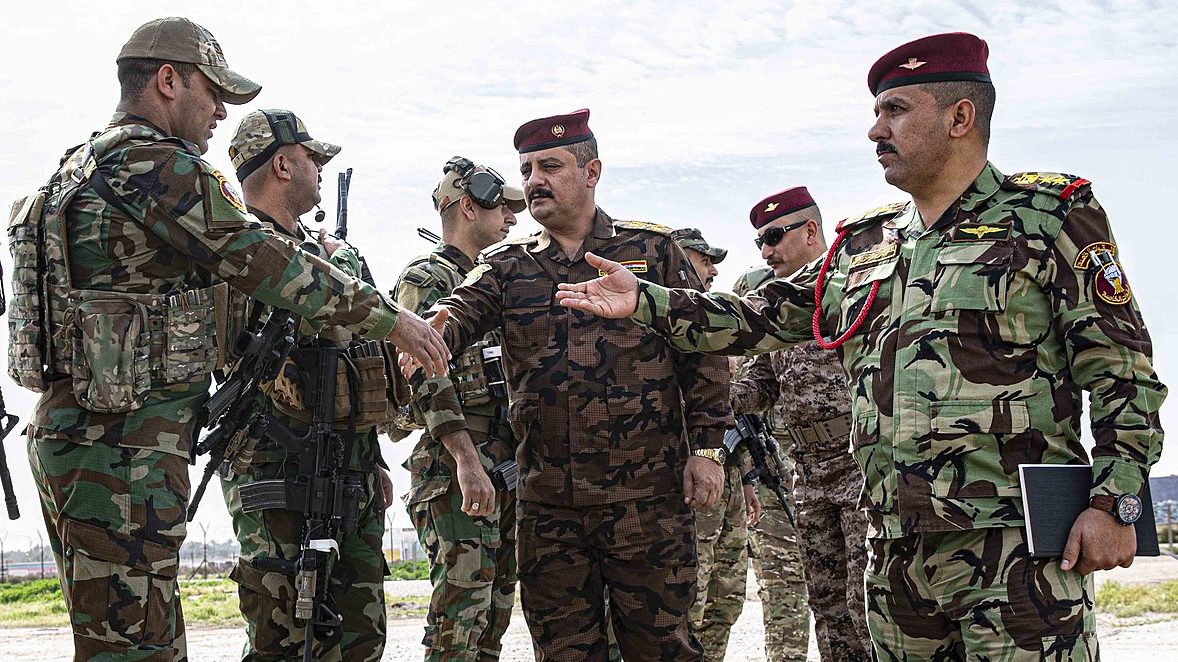Will Biden Keep US Forces in Iraq?
Al-Mada, Iraq, December 27
As attacks against the US Embassy in Iraq continue to unfold, US authorities are looking for ways to minimize the damage inflicted upon their assets and personnel in the country. According to several sources, the Trump Administration is seriously considering shutting down the embassy and returning all US personnel to the States. This move has been regularly discussed throughout the past year and, until recently, the central government in Baghdad was able to persuade the White House to not take such a drastic step. The reason for the renewed conversation around the issue is the series of attacks that took place last week. Granted, the biggest beneficiary of a US withdrawal from Iraq would be Iran, which maintains de facto influence and power over the country. Even though both Turkey and Saudi Arabia would like to grow their influence over Baghdad, Iran enjoys the advantage of having already established a strong foothold in the country. However, with the continuous reduction of US forces in Iraq, one can only expect a further intensification of regional and international competition over Iraq. The reduction of American personnel in Iraq will push Baghdad to seek an alliance with other external powers that can support it both politically and economically, including actors like China and Russia. Further, concrete steps to reduce the number of American troops in Iraq will likely encourage armed militias to step in and take their place. Iraqi factions hostile to the United States, including militias backed by Iran, are working to accelerate this withdrawal by launching attacks and increasing the cost of the American presence in the country — a strategy that achieved considerable successes in the period leading up to the US withdrawal in 2011. American experts believe that President-elect Joe Biden will seek to reduce the American presence in Iraq due to long-term domestic political pressures, and shift the focus of foreign policy toward other arenas, such as China and Russia. This, in turn, will create opportunities for regional actors, especially Iran, to extend their influence in Iraq. On the other hand, the Biden Administration has the option of turning a new page in Iraq, and some experts suggest that the new president will decide to maintain boots on the ground. The Trump Administration helped Iraq complete its campaign to regain all the lands that were captured by the Islamic State. Unlike Trump, Biden will face a weak ISIS that no longer controls significant territory and doesn’t pose a grave threat to the stability of Iraq. But Biden already has made it clear that he plans on reducing military confrontation with Iranian-backed militias in Iraq as part of a broader policy he adopts, aimed at reducing the level of tension with Tehran. This American view of Iraq as a regional partner in combating terrorism means that he won’t withdraw US forces from the country completely. The Biden Administration understands the potential risks in the event of a final US withdrawal from Iraq, and will seek to avoid this by maintaining a limited military presence in the country. – Dr. Faleh Alhamrani (translated by Asaf Zilberfarb)


